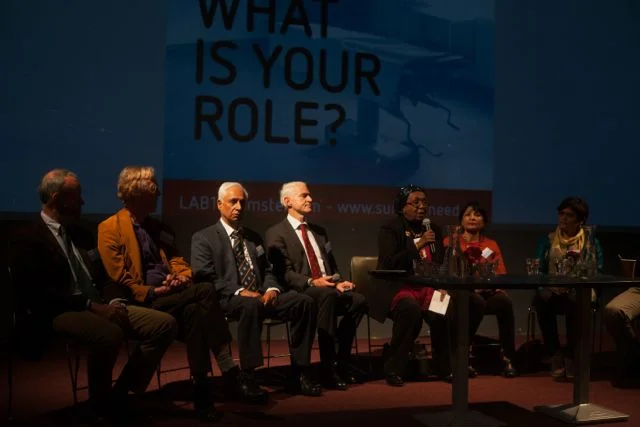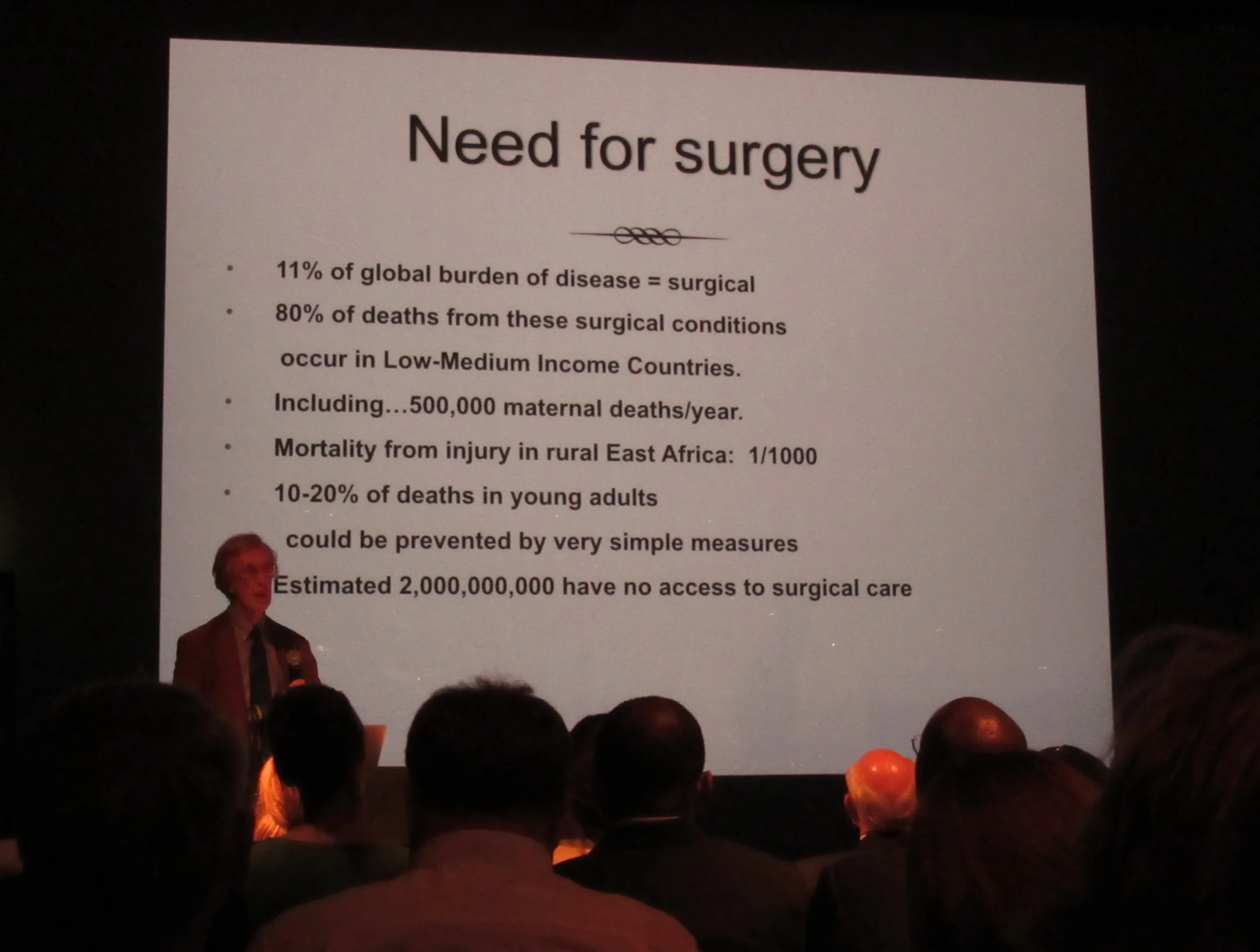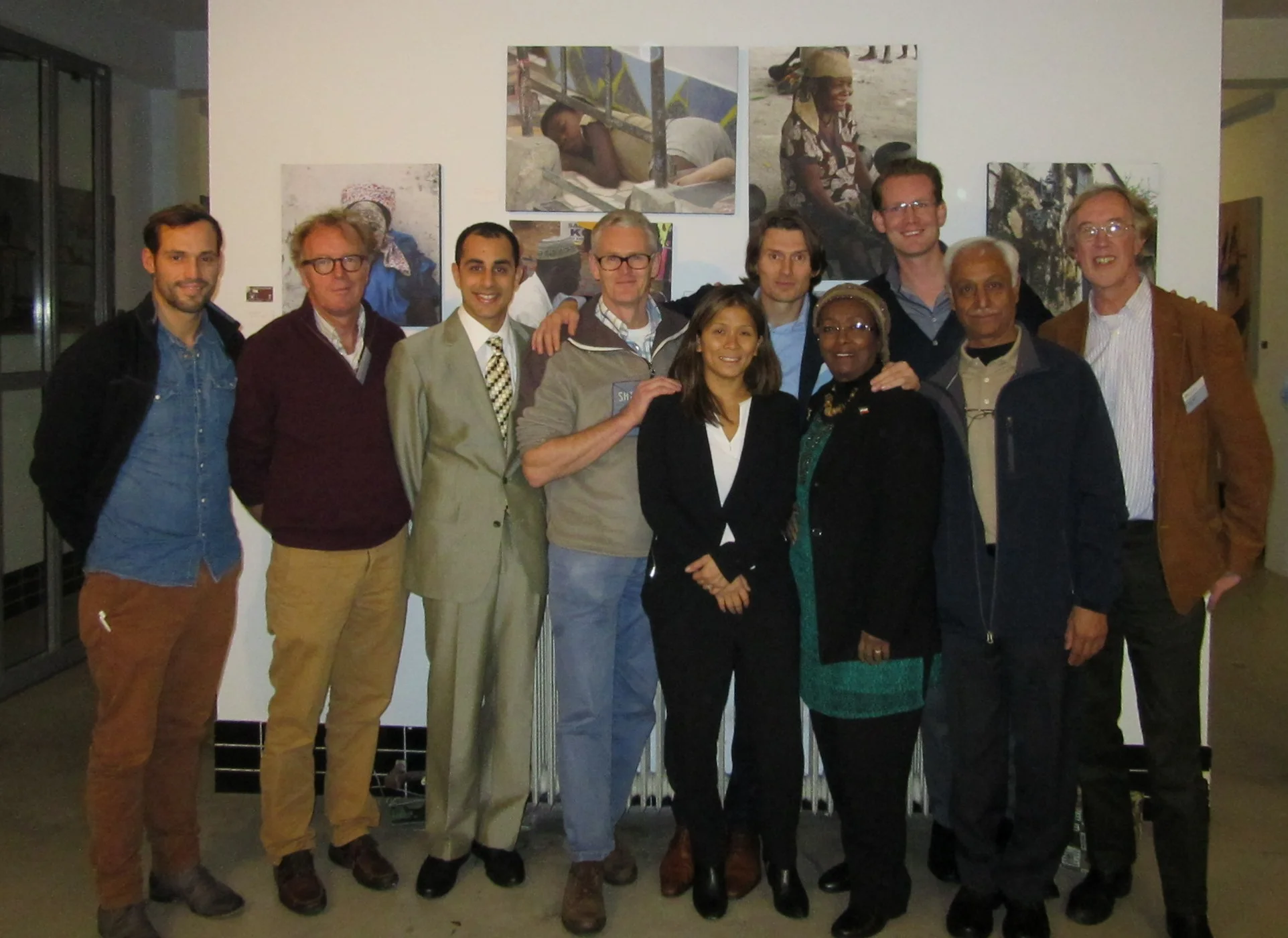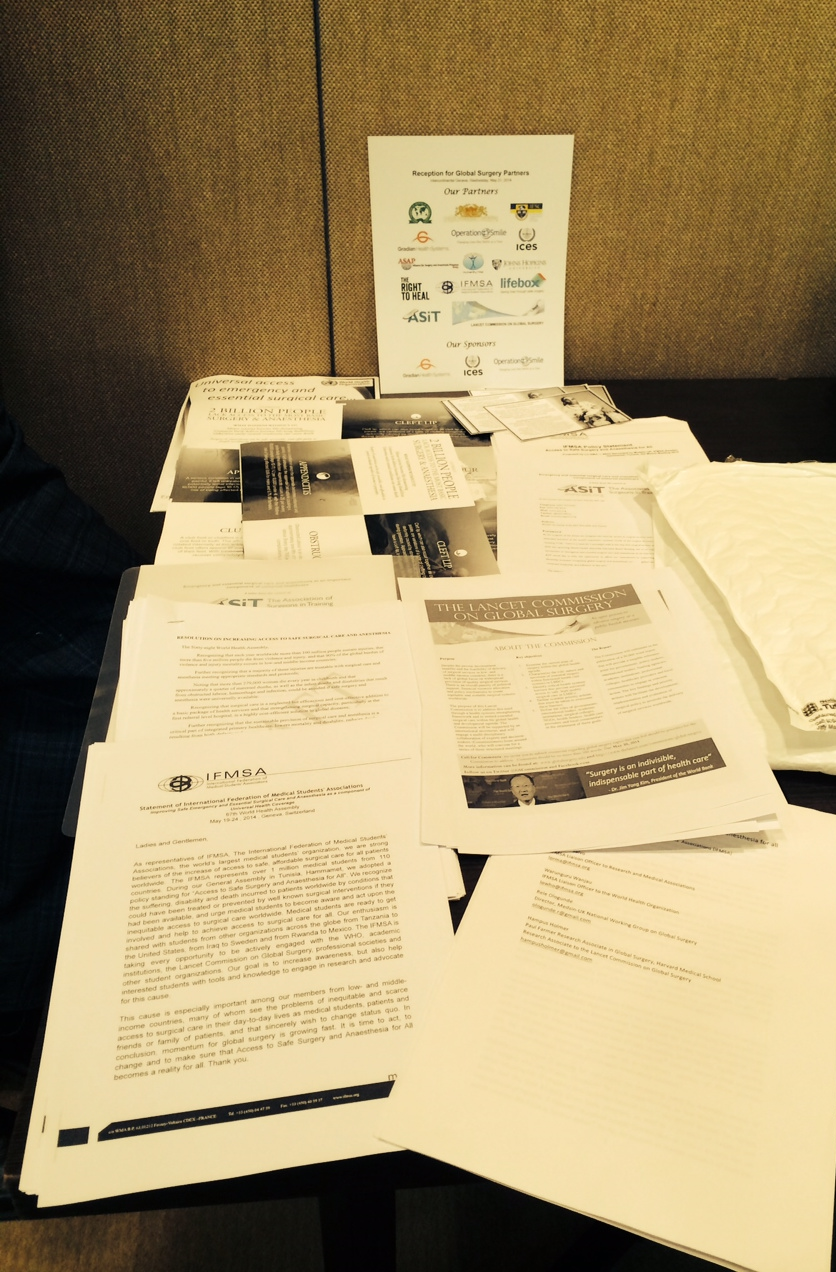November brought us one of the most exciting events of 2014 in the field of essential surgery in low resource countries. The ‘Surgery in Low Resource Settings Symposium’, held in Amsterdam, was a three-day international conference hosted jointly by the Netherlands Society for International Surgery and the German Society for Tropical Medicine. Experts were invited from all over the world to discuss the status of surgery in low-resource settings, and what we can do to improve essential surgical care worldwide.
There were over 300 attendees from 23 countries worldwide. To give a flavour, these included figures such as Dr Michael Cotton (UK), Dr Bob Lane (UK), Dr Jaymie Henry (US), Dr Edna Ismael (Somaliland), Dr Roeland Voorhoeve (Netherlands), Dr Peter Reemst (Netherlands), Dr Hugo Heij (Netherlands), Dr Emanuel Nuwass (Tanzania), Dr Henning Mothes (Germany), Dr Meena Cherian (WHO), Dr Pankaj Jani (COSESCA Kenya), Dr Maurizio Cardi (Italy), Dr Jacob Dreyer (South Africa, UK), Dr Joseph Musowoya (Zambia), Dr Lungu (Malawi), to name just a few.
Presentations ranged from general talks on how we can place essential surgery on the global agenda, to specific topics about the challenges and solutions met on-ground by experienced surgeons, gynaecologists, anaesthetists, and policy-makers who have been working in low-resource settings their whole lives.
Our role to advocate essential surgery at policy-making level was widely discussed, with support and use of the 15x15 campaign as a tool for focussing on the most important basic surgical interventions, as well as the new G4 Alliance which will act as a unified voice to build political priority for surgical care as part of the global development agenda.
Four of the most important aspects of essential surgery which we must work towards include defining what constitutes essential surgery and a basic package of interventions, demonstrating its cost-effectiveness, proving its feasibility, and to advocate it.
One of the key goals of this meeting was to produce a Declaration to direct essential surgery in the global development agenda. The second evening of presentations concluded with an outstanding symposium in which the key ten figures summarised their message and way forward, followed by a united discussion. This formed the foundation of the ‘Amsterdam Declaration’ which was shortly afterwards fine-tailored between the main panel, and will be publically advocated in just a few days.
The messages of this meeting were not just limited to the four walls of the hall. Indeed, it was broadcasted on Dutch National Television to over 3.5 million viewers, and national radio, and footage of all the presentations are now available online.
We would like to thank the organisers of this event for hosting such a stunning meeting, and may we all act on our moral and human obligations to work united in improving essential surgery for the two billion that do not have it.
ICES Writer: Haadi Tarek Shalabi is a young trainee surgeon in Nottingham, United Kingdom. Egyptian by heritage, his passion is in improving surgical care in low-resource settings. Contact him at haadi@shalabi.co.uk




























